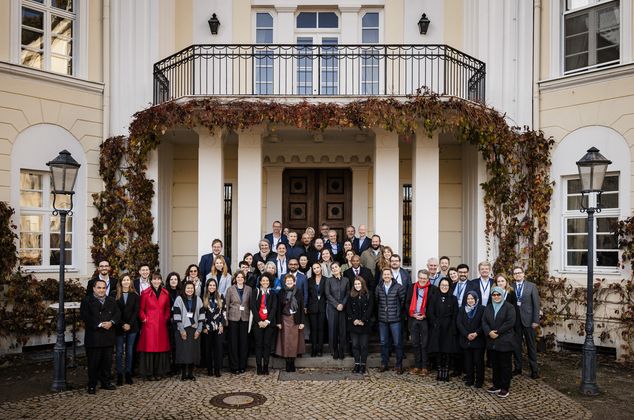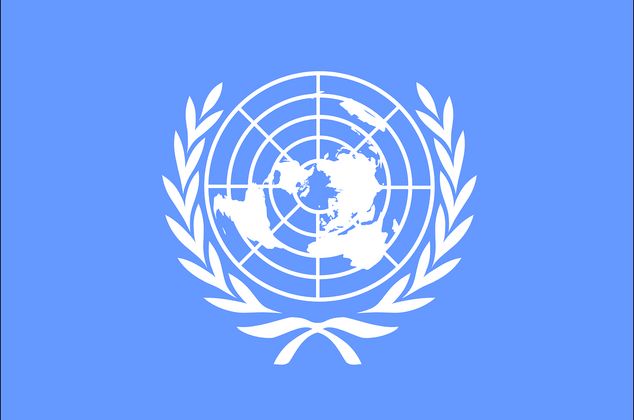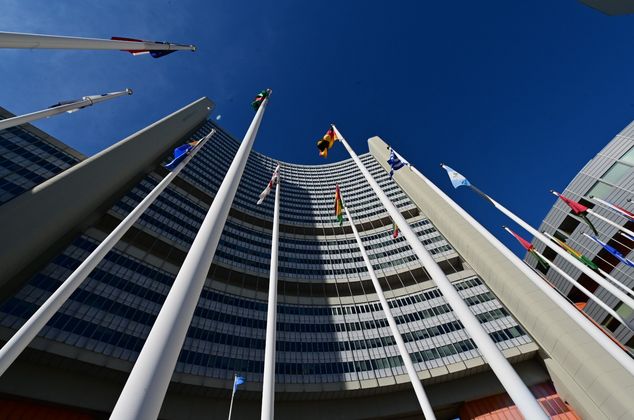ARQ reform

ARQ: A questionnaire shaping drug policy
To get the right answers,one has to ask the right questions. This also applies to international drug policy – and especially to the annual World Drug Report. Its data are collected through a questionnaire sent by UNODC to the member states. The GPDPD contributed to the revision of the questionnaire in order to adapt it to recent developments in the global drug situation. The aim was to provide an evidence base for human and development-oriented drug policies. The revised version was adopted by the CND in March 2020 – an important step towards a more sustainable global drug policy.
Globally compiled data on drug consumption, drug crop cultivation and trafficking are vital to how policies respond to these phenomena. The important factor here is precisely which facts and figures are collected. There is a considerable difference as to whether the only information available relates to confiscated drug supplies and destroyed cultivation areas or whether data is also collected on the income situation of smallholder farmers and the effectiveness of Alternative Development programmes. By focusing solely on the former, governments are often encouraged to take purely repressive and military measures and criminalise smallholder farmers who feel compelled to cultivate drugs as a way of trying to escape poverty. If the latter applies, the approach to drug policy can be more individualised. In addition to highlighting the causes of drug crop cultivation and production, such an approach can also create economic alternatives.
Key data basis
The most important document summarising current developments in the area of drug policy is the UNODC’s annual World Drug Report. It is based on the Annual Report Questionnaire (ARQ) which UNODC sends each year to all countries that have ratified the international drug control conventions. Although the introduction of new drug policy approaches into the political debate in recent decades has been viewed with some caution, a paradigm shift has taken place, particularly represented by the 2016 Special Session of the United Nations General Assembly on the World Drug Problem (UNGASS 2016). Respect for human rights, the improvement of public health and the promotion of Alternative Development were adopted as guiding principles.
Focus on measures, but not on their consequences
This was accompanied by a critical examination of the focus of the questionnaire. In the past, it concentrated mainly on the extent to which illicit drug crops were cultivated and on the size of fields destroyed. However, measures of eradication always have negative consequences for the smallholders concerned, which are neither addressed nor highlighted in the questionnaire. If purely repressive measures are taken and no alternative legal income opportunities are created, the livelihoods of people living in affected regions will be destroyed, bringing renewed misery in the process.
Overdue revision
As a result, a reform of the questionnaire with regard to the drug policy aims resulting from the UNGASS 2016 resolutions was under discussion. UNODC was given the mandate to revise the questionnaire with the involvement of its member states. Future indicators should not only evaluate the results of governments’ drug control measures but also consider the extent to which the implementation of such measures is guided by the agreements of UNGASS 2016 and by the Sustainable Development Goals (SDGs) of the United Nations 2030 Agenda. A sustainable drug policy not only needs to uphold human rights but should also promote development.
Innovative questions in data collection can form the basis for designing a drug policy that puts people at the centre. By including approaches to promoting public health, alternative development and the fight against poverty, such aspects can be given greater weight in the design of global drug policy.
Improving the evidence base for international drug policy
At the invitation of UNODC, two expert workshops on revising the questionnaire were held in 2018 and 2019. Representatives of governments, academia and international organisations met in Vienna to discuss the indicators used in the questionnaire. On behalf of the Federal Ministry for Economic Cooperation and Development (BMZ), the Global Partnership on Drug Policies and Development (GPDPD) supported this reform process together with other European governments and the European Union and took part in the expert meetings. The GPDPD supported the revision of the questionnaire, above all with its expertise on Alternative Development.
After the new version of the questionnaire had been developed over several years and already tested in some countries, the 63rd United Nations Commission on Narcotic Drugs (CND) has now received the revised version of the ARQ. The new questionnaire will contribute to providing the international community with more meaningful data to help it find sustainable responses to the global drug problem.



